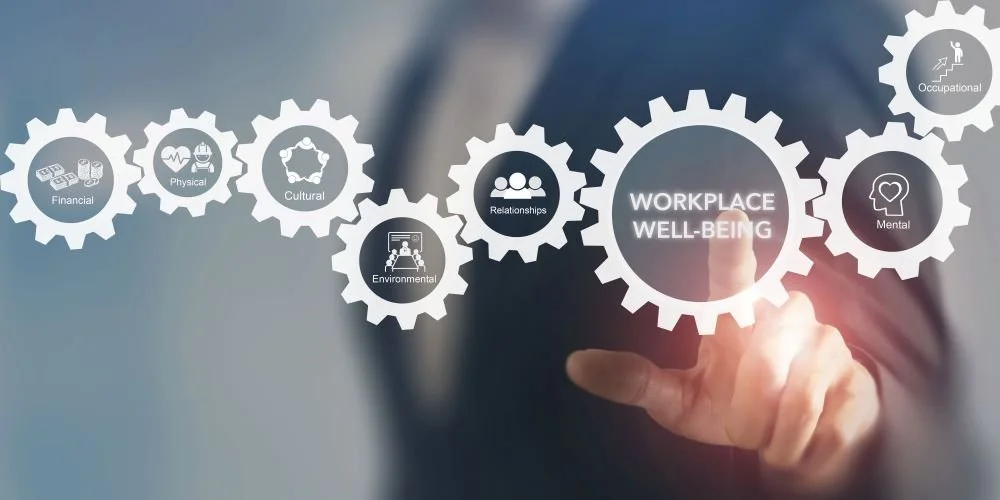Breaking the Taboo: Championing Mental Wellness in the Workplace
In recent years, there has been a significant shift in how we perceive mental health in the workplace. Organisations are increasingly recognising the importance of prioritising mental wellness among employees. No longer confined to whispers on lunch breaks, mental health is increasingly being discussed and is emerging as a vital aspect of overall wellbeing, with companies leading the charge in breaking taboos surrounding this crucial issue.
As a recruitment and talent solution specialist Vermelo RPO is deeply engaged in conversations with both clients and candidates where mental health awareness is not just a checkbox - it's a fundamental part of our ethos. Every day, we engage in discussions about mental health, understanding its impact on individuals' lives and the workplace. Through these interactions, we're not just observers; we're actively championing better mental health practices in the workplace. We are constantly speaking with job seekers who are looking to move on from their roles. Many report that the reason for seeking to move is due to a lack of support for their mental wellness, or due to stress or burnout reasons. This trend underscores the critical importance of mental health support in the workplace. Businesses need to take this reason for leaving on board and adapt to protect their staff retention and to attract new talent to their businesses.
Traditionally, companies prioritised productivity above all else, with less regard for the mental and emotional wellbeing of their employees. However, this mindset is rapidly changing as businesses come to understand that a mentally healthy workforce is a more productive workforce. With the rise of remote and hybrid working, blurring the boundaries between professional and personal life, the need for mental health support in the workplace has never been more pressing.
One of the most significant steps that companies are taking to champion mental wellness is destigmatising conversations around mental health. Employees are encouraged to speak openly about their struggles without fear of judgment or repercussions. This cultural shift fosters a sense of psychological safety, where individuals feel comfortable seeking help when needed.
In addition, more and more companies are implementing comprehensive mental health programmes to support their employees. These include access to counselling services via Employee Assistance Programmes, providing mental health and mindfulness resources, and offering training programmes that promote mental wellbeing, as well as opportunities for open discussions about mental health. By investing in these initiatives, businesses not only demonstrate their commitment to employee wellness but also reap the benefits of a happier, healthier, and more engaged workforce.
Flexible work arrangements are another way that corporates are supporting mental wellness. Recognising that the traditional 9-to-5 office model may not be conducive to everyone's mental health, companies are offering options such as remote work, flexible hours, and shorter working weeks. These alternatives empower employees to find a work-life balance that works best for them, reducing stress and improving overall satisfaction.
Leadership plays a crucial role in driving change and promoting mental wellness in the workplace. By openly discussing their own experiences with mental health and demonstrating vulnerability, leaders set a powerful example for their teams. Additionally, training programmes for managers on how to recognise and address mental health issues among their staff can facilitate early intervention and support.
It's essential to recognise that breaking taboos surrounding mental health in the workplace is an ongoing process. While progress has been made, there is still work to be done to create truly inclusive and supportive environments for all employees. By continuing to prioritise mental wellness, companies can lead by example and inspire positive change across industries.

